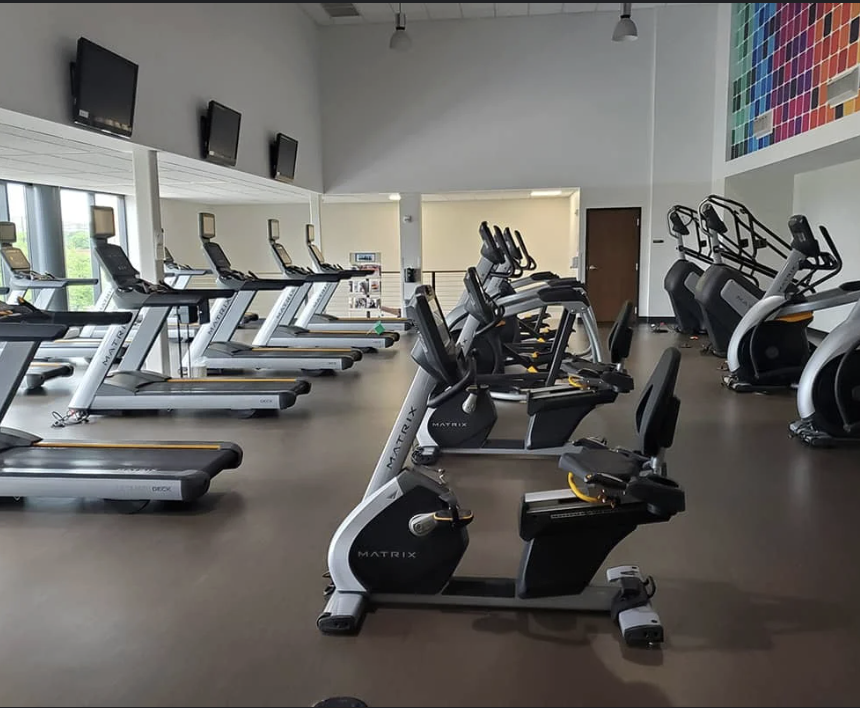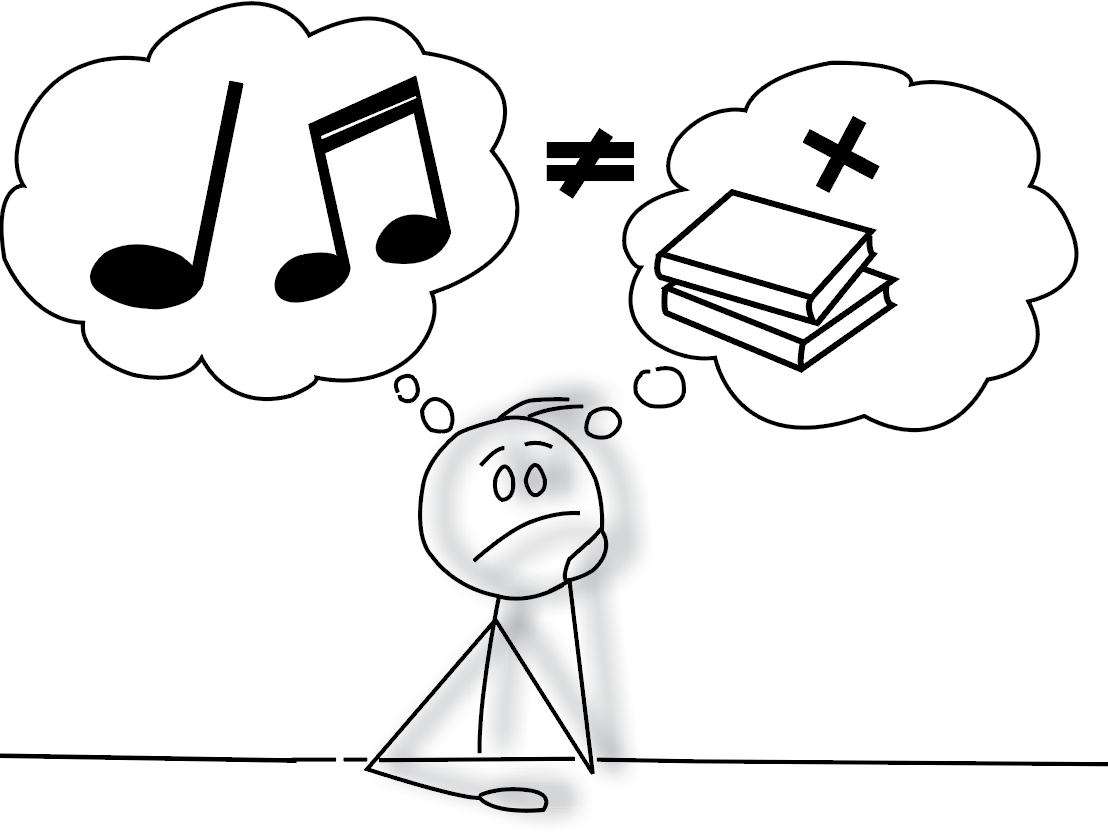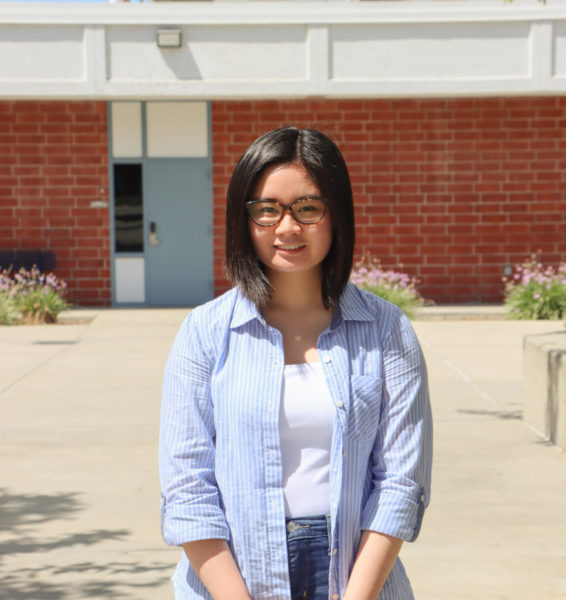This past week, a student in the Newport-Mesa Unified School District was suspended for voicing “Free Palestine,” to another student.
The student was suspended in violation of two education codes that bar students from threatening or harassing others. In the suspension letter, the school cited “Free Palestine” as a threatening remark. The incident follows the ongoing war that has rendered 1,200 Israelis and 11,000 Palestinians dead after Hamas militants initiated an attack on southern Israel.
In a written statement, district spokeswoman Annette Franco said that the administration could not divulge specific details on the situation to maintain student privacy, but assured that necessary action was taken while preserving students’ freedom of speech.
Although the family of the students could not be reached for comments, a woman who claimed to be the aunt of the student disclosed that her 13-year-old nephew responded with, “Free Palestine,” after a peer called him a “terrorist.” Two weeks prior, her nephew received racist and hateful remarks from two Israeli students.
The Newport-Mesa Unified School District previously addressed antisemitic behavior at Corona Del Mar High School after a Jewish student found their locker tagged with swastikas in an incident reported one month prior.
The situation reveals the extreme lack of on-campus support for both Jewish and Palestinian students. Jewish students remain apprehensive of antisemitism, while Palestinian students confront Islamophobia and racism. The unrest that the conflict has sparked has pushed school administrators to either choose one side, or stifle student expression and behavior altogether.
The central issue is that school administrators are exercising extremely suppressive control over rhetoric surrounding the Israel-Hamas war. Amid this monumental social and political crisis, secondary schools have failed to promote productive dialogues and the open exchange of ideas between students.
Schools have argued that allowing charged rhetoric may lead to an uptick in Islamophobic and antisemitic violence. While this is a genuine concern, schools should never prevent students from forming their opinions. Rather, administrators should concentrate on fostering a secure space where clashing notions can be openly considered and debated.
Under the First Amendment, students have the autonomy to express their views on anything. There are limitations within the classroom, like the right to academic freedom granted to faculty that allows staff to regulate class discussions.
However, the whole purpose behind the First Amendment is to encourage open and civil discussion in hopes of generating improvements for our society. Rather than having a reactionary response to an opinion that may be largely shunned or misguided, administrators should promote counterspeech that allows students to learn by contributing their thoughts, seeing the limitations in their own arguments and developing a more informed opinion.







